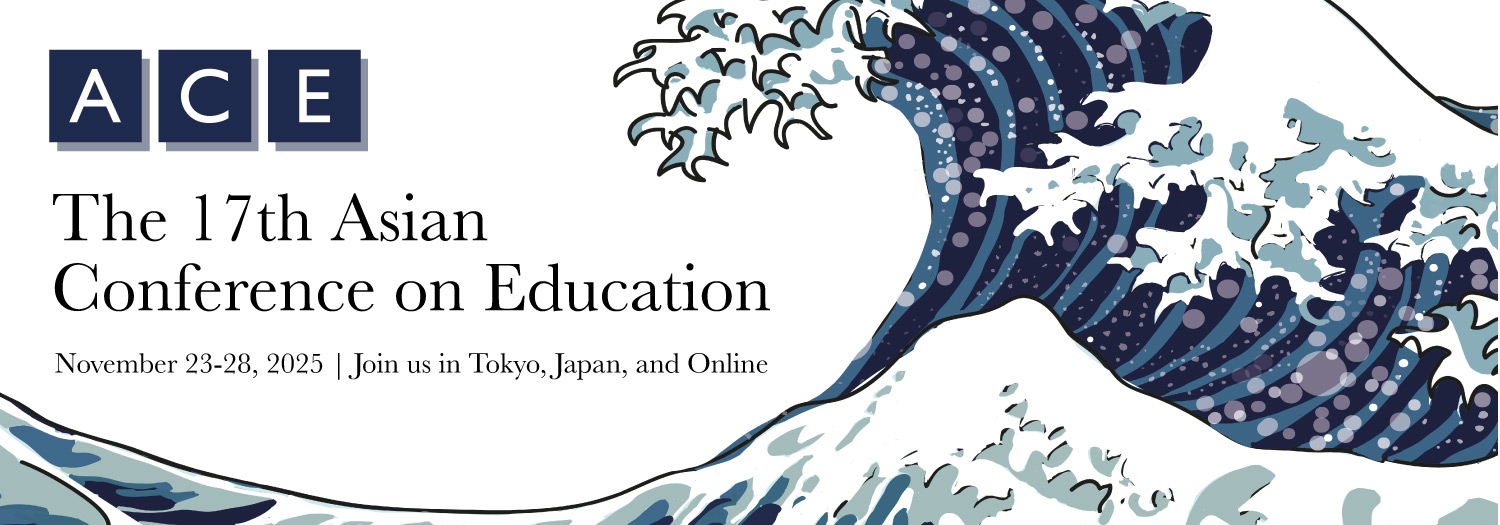Presentation Schedule
Integrating Innovative Technologies in Mechanical Engineering Education: A Case Study of an Arduino-Powered Robotic Arm for Quality Assurance in Automotive Manufacturing (88515)
Session Chair: Tatag Yuli Eko Siswono
Thursday, 28 November 2024 15:40
Session: Session 4
Room: Room 604 (6F)
Presentation Type: Oral Presentation
The integration of innovative technologies in mechanical engineering education is crucial for equipping students with the skills and knowledge required in modern industrial environments. This research presents the design, implementation, and assessment of an educational framework that incorporates Computer-Aided Design (CAD) and Simulation Software, Additive Manufacturing (3D Printing), Robotics and Automation, and Mechatronics and Embedded Systems, with a specific focus on an Arduino-powered robotic arm for automated precision inspection in automotive manufacturing. The problem addressed is the existing gap in hands-on educational experiences that connect theoretical knowledge with practical applications, particularly in the context of quality assurance in manufacturing.The study explores the development of a robotic arm system designed to inspect Checking Fixture Jigs (CF-Jigs) used in automotive production, using Arduino as a cost-effective, open-source platform. This system is integrated into the curriculum to provide students with real-world experience in design, prototyping, and automation. The objectives include enhancing students' understanding of CAD modeling, 3D printing, and robotics, while simultaneously addressing the industry's need for efficient, accurate quality assurance tools. The methodology involves student-led projects where they design and implement the robotic arm, simulate its operations using CAD software, and produce physical prototypes through 3D printing. The system's performance is then evaluated in a simulated manufacturing environment. Findings indicate that this approach not only improves students' technical skills but also prepares them for challenges in modern manufacturing. Future work will focus on refining the educational framework, incorporating advanced technologies like machine learning, and expanding its application to broader engineering disciplines.
Authors:
Suzilawati Muhamud-Kayat, Universiti Teknologi MARA, Malaysia
Mohd Hazri Mohd Rusli, Universiti Teknologi MARA, Malaysia
About the Presenter(s)
Dr. Suzilawati Muhamud-Kayat is currently working as Senior Lecturer at Universiti Teknologi MARA, Malaysia.
See this presentation on the full schedule – Thursday Schedule





Comments
Powered by WP LinkPress